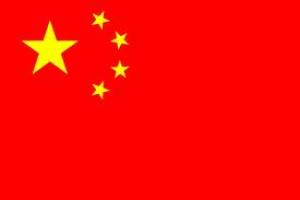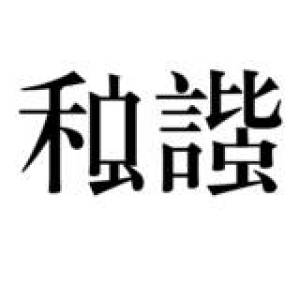“River crab”的版本间的差异
来自China Digital Space
| 第6行: | 第6行: | ||
"River crab" can also be used as a verb, for example, instead of saying something has been censored, one might say "it has been harmonized" (被和谐了) or "it has been river-crabbed" (被河蟹了). | "River crab" can also be used as a verb, for example, instead of saying something has been censored, one might say "it has been harmonized" (被和谐了) or "it has been river-crabbed" (被河蟹了). | ||
| + | |||
| + | In Chinese language, calling someone a "crab" also means a "bully". | ||
In the context of Chinese internet mythology, the river crab (censorship) threatens the habitat of the [[grass-mud horse]] (symbol of online deviance). For a famous YouTube video that illustrates this, see [http://www.youtube.com/watch?v=3D2eh4xehc4 here]. | In the context of Chinese internet mythology, the river crab (censorship) threatens the habitat of the [[grass-mud horse]] (symbol of online deviance). For a famous YouTube video that illustrates this, see [http://www.youtube.com/watch?v=3D2eh4xehc4 here]. | ||
2010年12月4日 (六) 06:06的版本
河蟹 (hé xiè): river crab
The word, "river crab" refers to internet censorship.
The Chinese government often uses its goal of constructing a "harmonious society" (和谐社会) as a justification for censorship. Chinese netizens parodied this word and began using it as a euphemism for censorship. River crab (hé xiè) sounds nearly the same in Chinese as harmonious (hé xié).
"River crab" can also be used as a verb, for example, instead of saying something has been censored, one might say "it has been harmonized" (被和谐了) or "it has been river-crabbed" (被河蟹了).
In Chinese language, calling someone a "crab" also means a "bully".
In the context of Chinese internet mythology, the river crab (censorship) threatens the habitat of the grass-mud horse (symbol of online deviance). For a famous YouTube video that illustrates this, see here.








